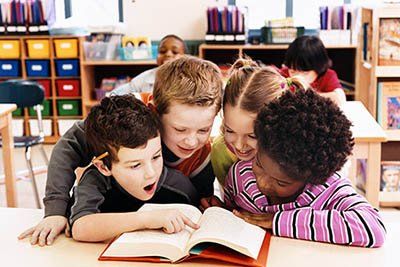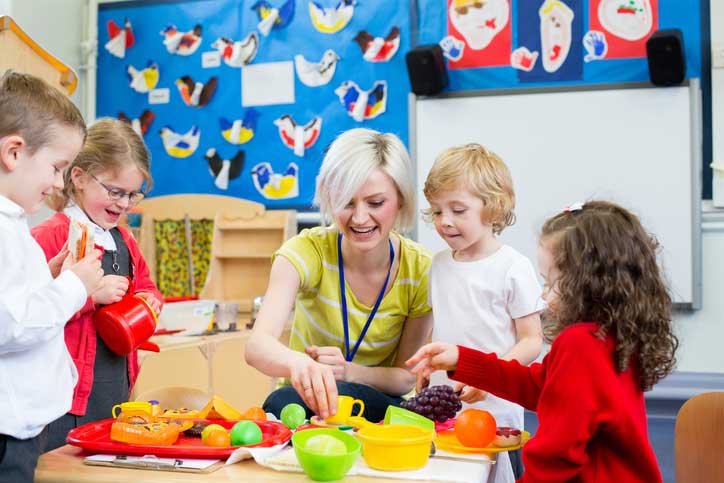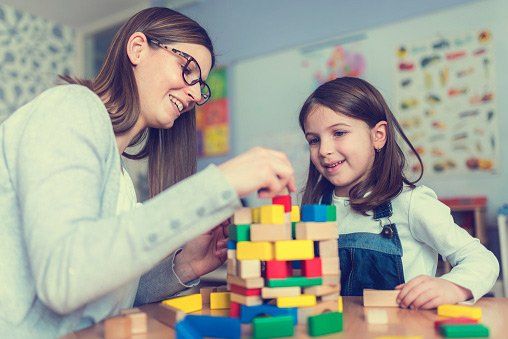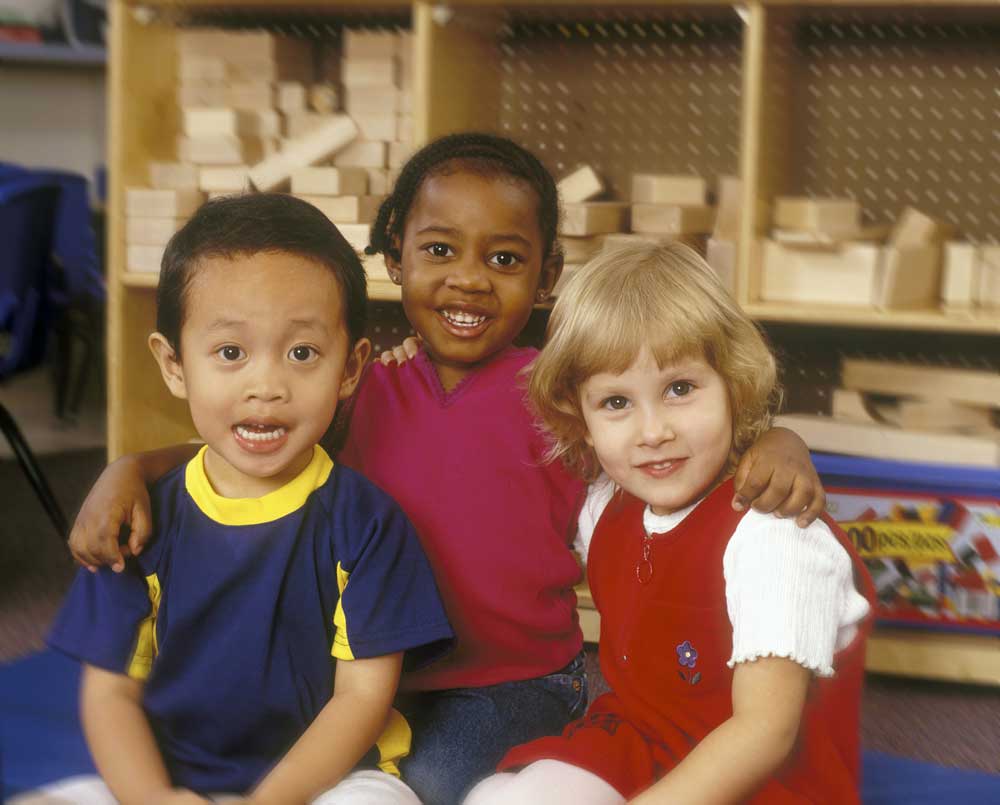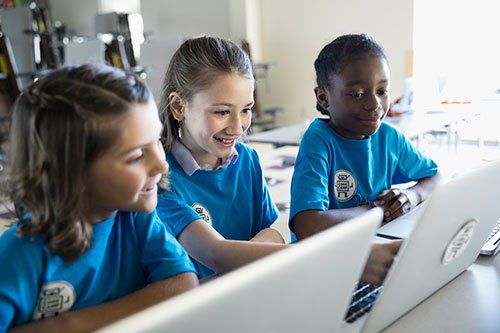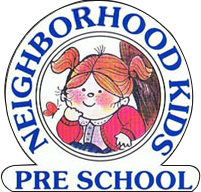Preschool is an important time in your child's life. This is an age range in which your child is learning about everything from social cues to basic math. You likely want to understand what curriculum your child will be learning before you commit to a program.
Every preschool is a little bit different, but most programs are focused on preparing children to enter kindergarten by introducing basic concepts. This guide will provide you some of the basic categories your child will be studying.
In preschool, children are generally becoming well-acquainted with the numbers in order. They will be learning which numbers are bigger than others, perhaps using tangible objects they can count. Children may use groupings to determine how many more items are in different piles.
Children are also beginning to grasp basic geometry, like identifying and naming shapes. This may start with coloring and tracing but eventually may lead to drawing shapes on their own.
Preschoolers also learn basic math terms, like add and equals. They may begin using these words freely as the year progresses.
The alphabet is one of the key components children learn in preschool. Generally, preschools focus on teaching uppercase letters, which children will grow to recognize. Lowercase letters may come later because they are often more difficult for children to recognize immediately.
Preschool also focuses on teaching children how to recognize their own names and possibly even a few other simple words used often. Words like mom and dad are incredibly useful to learn to read and write. Storytime serves several functions in preschool. Children benefit from adults reading to them because it allows them to become enthralled with the story without the stress of looking at words. Additionally, children benefit from hearing words spoken aloud. Over time, they grow to use these words in their vocabularies.
Preschoolers typically begin learning the names of different body parts around this age. They may also begin learning about healthy and unhealthy foods. Teachers may also spend time teaching children about different food groups, like fruits and vegetables.
Physical education will play a role in preschool, typically on a casual basis. Children will be excused to play outside, often riding tricycles or playing on monkey bars. They may also bounce a ball back and forth, learning to use some gross motor skills.
Several key motor skills become important during the preschool years. For many children, this is the first time they are learning how to use scissors. The classroom allows them to learn in a safe manner.
Children are also learning how to trace shapes and letters so that they can eventually write on their own. This allows them to build up to styling their own penmanship over the years. You should see your child's writing progress over the course of the year.
One of the significant things children learn about in school is how to get along with each other. Children learn how to develop friendships with each other and also learn basic concepts like sharing.
Following directions away from their parents is another key point children will learn in preschool. They will learn how to participate in group activities and do some activities by themselves. This allows children to become less dependent on parents for some of life's basic activities.
One of the key activities children need to take away from preschool is the ability to act independently in preparation for kindergarten. If you think your child would benefit from preschool or you are interested in checking out the specific curriculum,
Neighborhood Kids Preschool can answer some of your questions.
